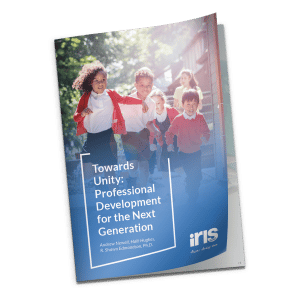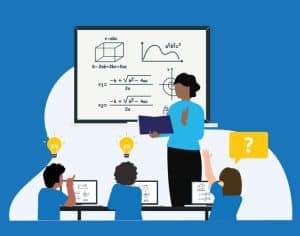
Towards Unity:
Professional Development for the Next Generation
How our approach to professional development must change if we want to truly impact pupil outcomes
Background
We must raise a generation of adaptive, compassionate experts able to meet the challenges of next 50 years.
Imagine if every child, irrespective of where they were born, their innate abilities, academic or vocational preference, reached their full potential. Imagine the world they could build and the challenges they could address. We stand at an inflection point where, for the first time, the education system has a clearer understanding of what needs to be done.
In this White Paper we bring together the latest evidence from the domains of cognitive science, classroom teaching and professional development and discuss how small changes to teacher professional development will make a big difference for learners.
Get Your Free White Paper
In this White Paper:
What does the research base tell us?
In a nutshell, we can now say with some confidence that interventions like classroom technology, reduced class sizes, or even brand new schools may be nice to have, but are not associated with significant improvements in learning outcomes. Rather, the evidence points clearly to the importance of three interconnected factors:
Towards Unity 1
What are expert learning experiences?
The data is messy, complex and sometimes controversial with regards to identifying the expert learning experiences, but there is an informative overlap in the research findings, a signal in the noise. Here are the common themes:
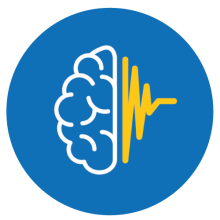
Classroom Management

Instruction
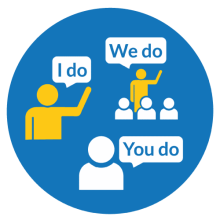
Guided Practice

Intentional Questioning

Feedback
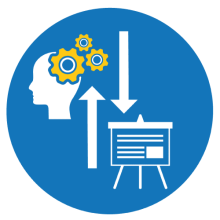
Formative Assessment

Classroom Talk
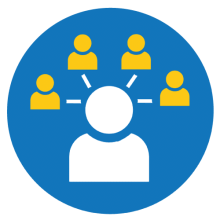
Collaborative Learning
Ultimately, the evidence presented is not indicative of one effective teaching style. All we know is the features above, when present, are associated with better learning outcomes. Therefore, these features should be considered part of the essential “instructional palette” and used selectively and adaptively in service of learning.
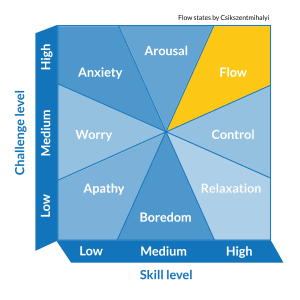
“Helping more teachers achieve flow could well, alongside other measures, be a solution to the wellbeing and retention crisis in the education system.”
Towards Unity 2
What does expert teaching mean?
So we know that some teaching interactions are more important than others and we also know that teacher “expertise” matters too. But what is expertise? Where does it come from?
Experts do expert things and think in expert ways. In order to explore the significance of this we need to delve more deeply into the field of cognitive science. Expert teacher has both expert behaviours and an expert mental model; the effective use of one system is dependent on effectiveness and fluidity
of the other. To illustrate, an expert teacher’s formative assessment routines are fluid and place limited demands on their working memory.
This frees up their cognitive capacity to actually attend to what they are learning from students and to use their expertise to potentially adapt their instruction. This capacity to “notice” and adapt has been shown to be one of the most significant differentiators between novice and expert teachers. (Wolff et al., 2017).
Towards Unity 3
What does expert PD look like?
Instructional coaching is an embodiment of professional learning which has become increasingly influential in the education system based on its robust and growing evidence of impact. However, the challenge is bringing an instructional coaching programme to scale with fidelity. If the objective is to reach every teacher with effective professional development, we must dig deeper into the instructional coaching model to better understand what
makes it effective and explore why scaling is a challenge. This will shed light on what changes can be made to instructional design to amplify the benefits and mitigate the challenges.
Furthermore, we need to explore the underlying mechanisms of effective PD to establish whether other, more sustainable, learning modalities exist.
So, the way is open to redefine professional development for teachers by:
a) Enabling what already works (i.e., addressing the scalability issues at the heart of instructional coaching).
b) Recombining the effective mechanisms to create new learning modalities better suited to the challenge of reaching every teacher.
These approaches should be addressed in parallel.
Towards Unity:
Professional Development for the Next Generation
